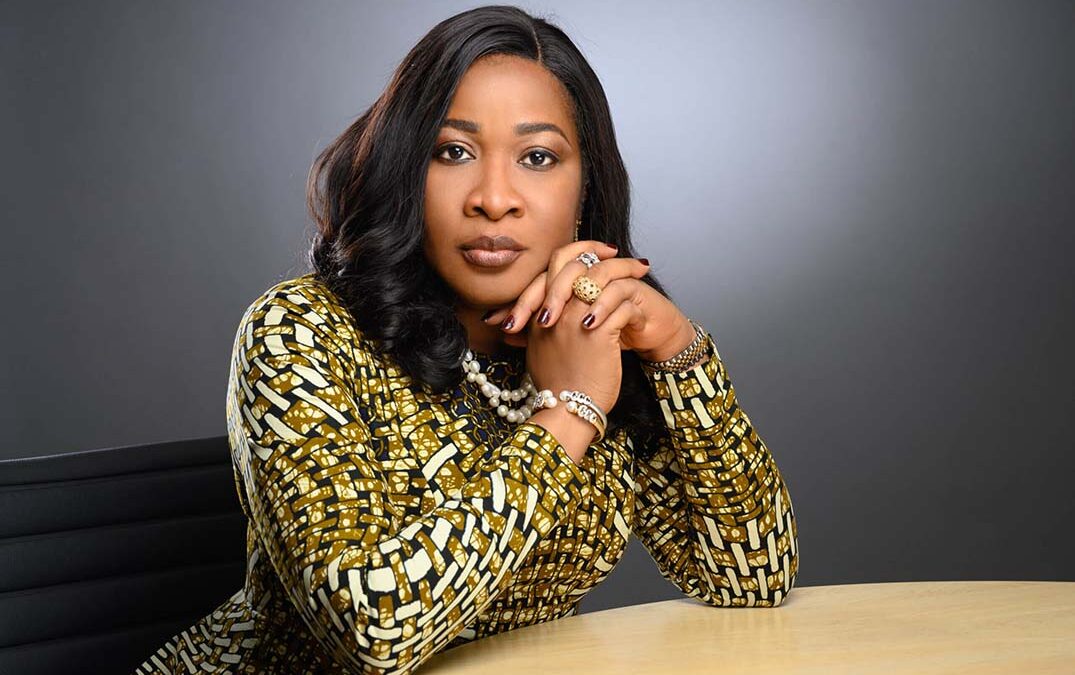By Onyinye Ikenna-Emeka, Chief Broadband Officer, MTN Nigeria – There is no doubt that Africa has made immense strides when it extending internet access to more people. In fact, between 2015 and 2022 the number of internet users on the continent doubled. As important as access is, however, quality of access is also critical.
In a world where digitalisation continues to accelerate, people need stable, high-quality broadband to work, learn, find job opportunities, and access entertainment. And while it’s important for them to have that kind of access at school, university, and work, it’s also critical that they have it at home. After all, most people spend more time at home during the day than anywhere else.
But getting that broadband into African homes isn’t always easy. Challenges such as difficult terrain in both rural and urban areas are fairly obvious. With the right combination of technologies, however, those challenges can be overcome.
The importance of 5G and FWA
5G and fixed wireless access (FWA) in particular will be critical, especially as networks and operators shift from simply providing access to being a digital experience provider.
To see why they’re so important, it’s worth understanding what the current state of broadband is in one of Africa’s largest economies. Take Nigeria, for example. According to figures from the Nigerian Communications Commission (NCC), broadband penetration is at 45.57% in the country as of August 2023, including mobile and mobile broadband (MBB). By comparison, 87% of UK households had a fixed broadband connection in 2022.
It’s also important to note that the Nigerian number isn’t so low because the demand isn’t there. It is. Instead, the problem has more to do with supply. At the same time, the addressable home broadband market is projected to grow at 15.8% CAGR by 2028. For networks and operators that understand the opportunity this growth presents, the rewards are potentially very rich.
But it’s also true that fixed-line fibre connections on their own won’t be enough to meet that growing demand, especially not initially. It’s here that 5G-enabled FWA has a particularly important role to play in the home scenario. Unlike fibre, FWA doesn’t require bringing any additional infrastructure from the street into a person’s home. Instead, because it utilises mobile networks, they can gain access with little more than a router plugged into a power supply. That ease and convenience of setup is just one of the reasons why 5G FWA forms such an important part of our Nigerian strategy at MTN.
Complementary technologies
None of this, of course, is to say that 5G FWA can replace fibre. It’s still vitally important that Africa’s fibre rollout continues apace. Everyone deserves the benefits of a modern, connected life. Fibre plays an important role in providing that, but in many areas so does 5G FWA. They are, in other words, complementary technologies.
We also believe that it’s only by leveraging fibre, 5G and 4G Fixed Wireless Access (FWA) infrastructure that we’ll be able to achieve our goal of connecting more than five million homes across Nigeria by the year 2025.
These types of connectivity infrastructures aren’t the only complementary technologies that will help drive broadband adoption either. Offering customers bundling of connectivity with TV streaming and voice add-ons, for example, can also drive stickiness.
Getting broadband into more homes also requires strategic partnerships with leading global and local tech and infrastructure brands, highly differentiated value propositions, digitised customer journeys, and effective customer support.
No time to wait
Ultimately, given the rapidly growing broadband customer base in Nigeria and other African countries, operators and networks will have to use all the tools available to them to meet the demands of that base. On that front, particularly given the challenges that many African countries face in both urban and rural environments, 5G and FWA will be especially critical for giving Africans the home broadband access they need.

